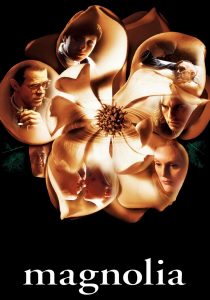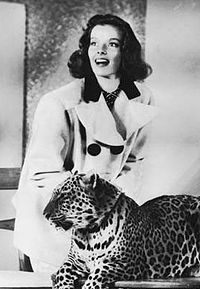After the first class, I was so intrigued by the beginning of Apocalypse Now that I watched it that very evening. I could not believe that this movie was made in the late 1970s… given how well produced it was. It made sense that the movie won many awards. I eventually realized that I was one of the few people that had never heard of this movie. Whenever I bring it up to friends, they all knew about it already. I guess it is great that I am taking this Film & Media studies class for several reasons. One of the reasons is that I clearly did not grow up watching the iconic films that everyone else seemed to.
I think I loved Apocalypse Now so much, not just because of the production and acting, but also because I was in the right mood when I watched it. In Jonathan Gottschall’s The Storytelling Animal, there is an emphasis on the idea of “emotion contagion” and how oftentimes the emotions of others can cause you to feel that same way. I think unconsciously we are aware of this and so we enjoy movies more when we are already in the mood that the characters may be in as well.
Every year, the most difficult time for me is the end of spring semester and the very start of summer. I am not a fan of transitions and change, and although summertime is usually associated with fun and happiness… for me the summer is usually a time where I do a lot of deep thinking and self reflection. I think that I picked up on a lot of the hidden meaning behind symbols in Apocalypse Now because I was already searching for meaning in other aspects of my life. I just found it very interesting that The Storytelling Animal talked a lot about the science behind humans and how we interact with media and how we create stories or interpret them. I made a lot of connections between the book and my experience watching Apocalypse Now.
I learned so much from the first day of class that I began to see television, movies, and any video/media in general from a new perspective. Although I do not like some types of change, I am very open to changing my perspective. Because I know the more knowledge and experiences we attain, the more likely we are to view things differently. And that is a good thing!
ALSO…. I mentioned Joseph Campbell’s A Hero With A Thousand Faces during the first class… if you were interested in knowing why that was relevant, here is just one of the slideshare presentations I found that relates Campbell’s book to Film & Media:

